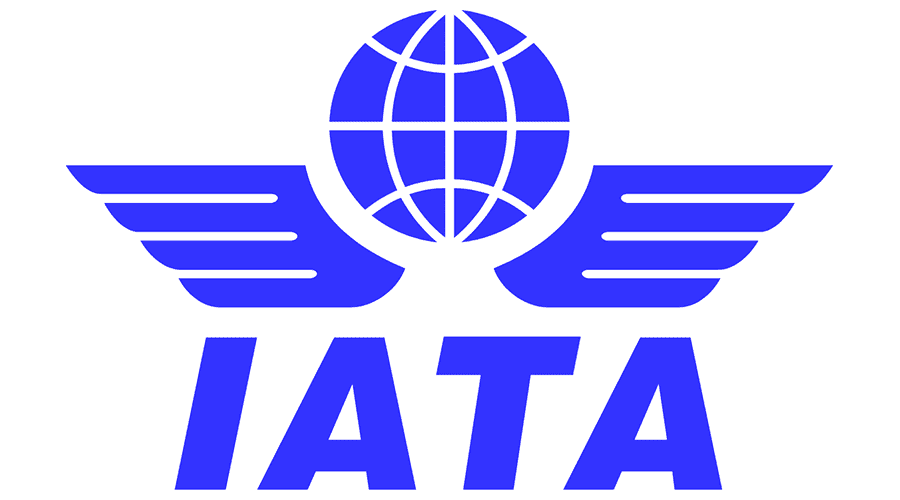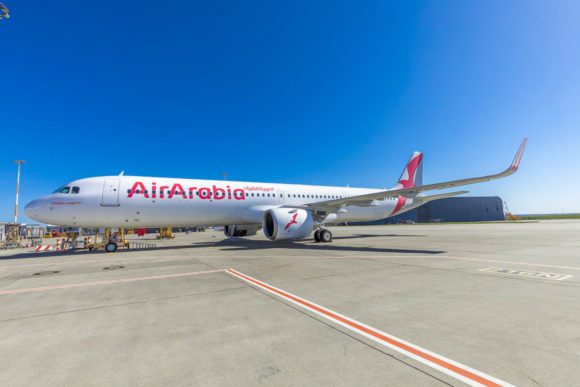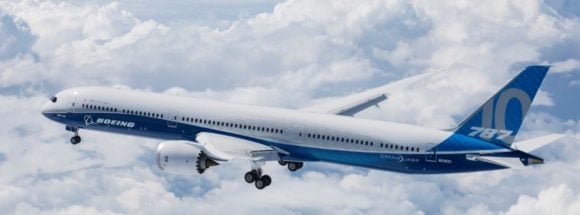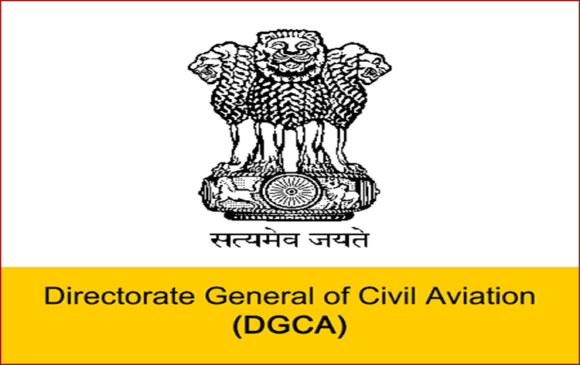
iata logo 1
As CEOs of the world’s largest airlines gathered in New Delhi for the IATA Annual General Meeting — returning to India after more than four decades — the spotlight was not only on India’s rapid aviation growth and expanding market access, but also on the chilling effects of U.S. trade policy under President Donald Trump on global travel sentiment.
FedEx, long seen as a barometer for economic activity, was upfront. About 30 to 40 aircraft from its fleet of 700 are currently grounded, not due to supply chain issues, but because of a changed demand environment, said Richard Smith, COO for International at FedEx, during the widely followed CEO panel hosted by CNN’s Richard Quest at the IATA AGM. “It’s more about muted demand,” he added.
Joanna Geraghty, CEO of JetBlue, echoed the concern. “We are seeing weakness in domestic markets — and most U.S. airline CEOs will tell you, domestic is bigger,” she said.
Geraghty also noted a striking political divide in travel trends. “Democratic states are spending less on travel than Republican states,” she observed.
When asked what might be driving this trend, she suggested it could be linked to political sentiment. “In Democratic states, you hear more concerns about the policies of the new administration, while there’s a different level of confidence in the Republican states.”
In contrast, India, whose economy is largely domestically driven, showed no signs of slowdown, a sentiment reinforced by the high-profile attendance and address of Prime Minister Narendra Modi.
“Our airlines are clocking double-digit growth. Around 240 million passengers undertake air travel every year — more than the total population of many countries. By 2030, this is estimated to rise to 500 million,” Modi said. He also reaffirmed the government’s goal of scaling up the number of operational airports from 157 to 350 by the 100th year of India’s independence.
Another focus is reclaiming the aircraft maintenance business that has long been outsourced overseas. Modi stated that India’s MRO (maintenance, repair, and overhaul) ecosystem had expanded from 96 in 2014 to 154 today. “Our target is to make India a $4 billion MRO hub,” he said, positioning the country not just as a market but “a value chain leader” in aviation, from design to delivery.
Host airline IndiGo ensured the summit wasn’t short on announcements. The carrier announced plans to convert 30 options for Airbus A350s into firm orders, effectively doubling its long-haul wide-body backlog to 60 aircraft, with deliveries set to begin in 2027 and continue beyond 2035.
Next month, IndiGo will launch long-haul flights to Europe for the first time, using Boeing 787s from Norse Atlantic. The inaugural routes will be to Amsterdam and Manchester from Mumbai, followed by Athens, Copenhagen, and London later in the winter season. Four Central Asian cities — including Siem Reap — are also on the airline’s international expansion list for this fiscal year.
The airline also announced deeper global partnerships — expanding ties with Delta Air Lines, Air France-KLM, and Virgin Atlantic, in the presence of all their respective CEOs, to enhance India’s connectivity with Europe and North America.
“These aren’t just codeshares,” said CEO Pieter Elbers. “They’re strategic bridges to the future.”
India is now the third-largest domestic aviation market and is poised to become the third-largest overall — domestic and international combined — by 2030, overtaking the UK, according to IATA projections.
“Its place in global aviation has changed dramatically over the last decade,” said IATA Director General Willie Walsh. “We’ve seen record aircraft orders, impressive growth, and world-class infrastructure development.”
Today, India’s aviation industry directly employs 369,700 people and contributes $5.6 billion to GDP. Including indirect, induced, and tourism-related effects, the sector supports 7.7 million jobs and $53.6 billion in GDP — about 1.5% of the national total.
Before the curtains closed, IATA announced that its 82nd Annual General Meeting will take place in Rio de Janeiro, Brazil, in June 2026, hosted by LATAM Airlines Group — moving the global aviation conversation to another rising market.
Views: 156



